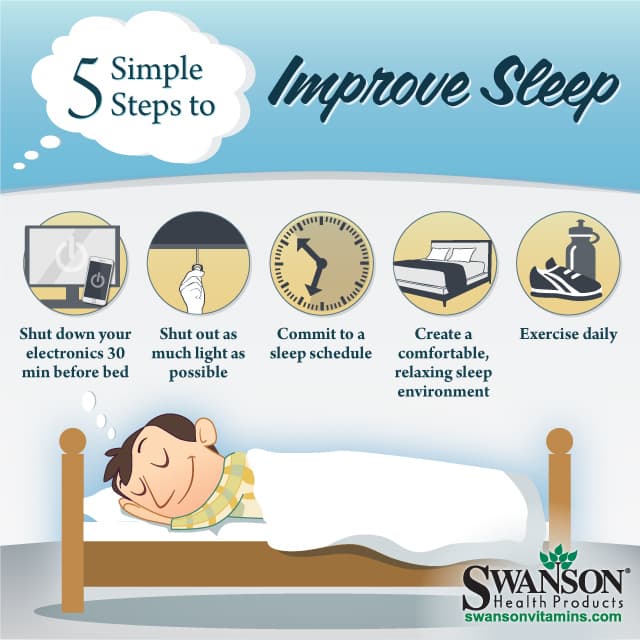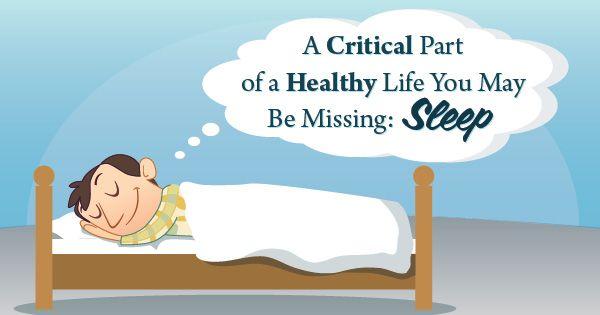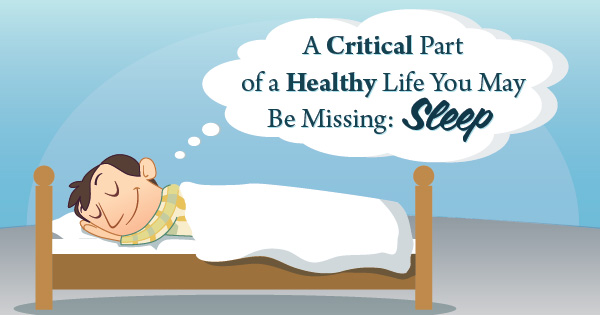Warning: You may be missing out on one of the most fundamental aspects of your overall health. It’s something people take for granted. People ignore it to fit their busy schedules. I’m talking about sleep.
Everyone sleeps! But many are quick to shave off precious hours of sleep to fit their busy schedule. Worse yet, many struggle to get quality sleep. Quality sleep is a huge part of your health! Luckily, I have some tips for you to help improve your sleep quality.
First off, let’s review why sleep is so important for our overall health.
Why Sleep Is Important
To put it simply: you sleep to recharge. A number of vital processes occur only while you sleep. Your resting body tackles tasks like:
- muscle growth and repair
- memory consolidation
- the release of hormones that regulate growth and appetite
- restoration of energy
- the removal of toxins from the brain
Directly or indirectly, sleep affects your brain and nervous system, cardiovascular system, metabolic functions and immune system. Ever felt like you just needed a good, long night’s sleep to get over a cold? Bingo. Sleep is also essential for recovery after vigorous exercise because that is when your muscles have a chance to grow and repair.
Lack of Sleep
Not allowing your body to recharge can have dangerous consequences. First off, “drowsy driving” causes more than 100,000 car crashes a year according to the National Highway Traffic Safety Administration. Cognitively, studies show that lack of sleep leads to poor decision-making. Physiologically, if you don’t sleep enough your body doesn’t get the proper amount of time to regulate hormones (leading to higher levels of cortisol, the “stress hormone”) or repair muscles from exercise.
Have I convinced you that sleep is important to your overall health yet?
Learning why sleep’s important is the easy part, though. It’s much harder to actually get quality sleep. Here are some tips.
5 Tips For Improving Sleep

- Shut down your electronics 30 min before bed. Trust me. Get the TV out of your room and remove any other electronics that are tempting. If you use your smartphone as an alarm, do your very best not to browse the internet before bed. Why? The LED light emissions from electronics suppress the production of melatonin, the hormone that makes us feel sleepy.
- Shut out as much light as possible. This means turning nightlights and the lights from your electronics off and shutting out as much light from outside as possible. Get light-blocking curtains. Related to our first tip, even the smallest amount of light can prevent you from getting quality sleep. As dark as possible = good!
- Commit to a sleep schedule. Shoot for 8 hours of sleep a night. This is a template that doesn’t fit everyone, though. Some people can function on less, while others will need more. But don’t let that trick you into thinking you are performing optimally on less sleep. If you are getting quality sleep and your body doesn’t need more than 6 hours of sleep, you will wake up. Without an alarm. So if you still need an alarm to wake up after 6 hours of sleep, you probably need more sleep (or aren’t getting good quality sleep).
- Create a comfortable, relaxing sleep environment. First and foremost, invest in a mattress and pillow you find comfortable. Make your bedroom a place you find relaxing. I’m not saying to hire an interior designer (unless you want to!) but strive to make the room a place you want to be—a calming and relaxing place.
- Exercise daily. At least 30 minutes of some activity during the day will aid your sleep quality. Just avoid exercising at the expense of sleep. Waking up early with only 4-5 hours of sleep might be counterintuitive—your body hasn’t had time to recover fully and repair muscles, so you end up fatiguing your body more…which leads to high stress and low performance.
For further information, watch this excellent video about sleep and your health!




